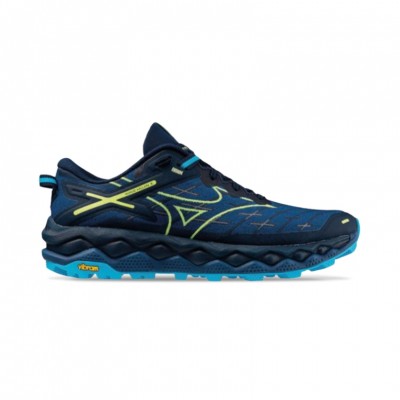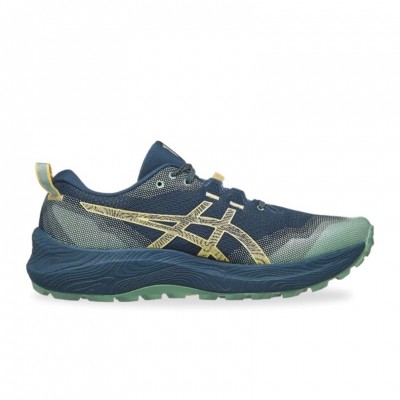Protein is an essential nutrient that plays a crucial role in repairing and building tissues, including muscles, which are of particular interest to popular runners. But is a high protein intake really advisable for runners? At RUNNEA we reveal all the secrets of protein and whether supplementation is necessary for popular runners.
Not sure which shoe to choose?
In a few simple steps we help you to choose the ideal running shoe for you.
GO TO THE RECOMMENDER
The role of proteins in a runner's body
Proteins are fundamental to everyone's health, but they are especially important for athletes and runners. They are responsible for several vital functions, including building muscle and bone, regulating acid-base balance, boosting immunity, and are involved in the production of hormones, antibodies, and essential enzymes (Kadey, 2023).
How much protein do runners need?
According to the British Dietetic Association, endurance runners should aim to consume about 1.2 to 1.4 grams of protein per kilogram of body weight per day. On the other hand, sprint runners may need up to 1.7 grams of protein per kilogram of body weight. However, these are only general guidelines and individual needs may vary.
Protein sources for runners
Protein sources for runners can be of both animal and plant origin. Lean meats, eggs, dairy products and fish are excellent sources of animal-based proteins. Legumes, nuts, seeds and whole grains are good sources of plant-based proteins.
Protein and recovery
Protein plays a crucial role in recovery after a workout. Consuming protein after a workout can help repair damaged muscles and promote muscle growth. In addition, protein can help replenish muscle glycogen stores, which are a key source of energy for runners.
Protein and weight loss
Protein can be beneficial for runners looking to lose weight. Consuming protein can help increase feelings of satiety, which can help reduce calorie intake. In addition, protein can help preserve muscle mass while losing fat, which is important for maintaining a healthy metabolism.
Protein and performance
According to an article from Runners Connect, protein can help improve performance in recreational runners. Consuming protein before a workout can help prevent muscle breakdown during exercise. In addition, protein can help improve endurance by reducing fatigue and improving recovery.
Benefits of a high-protein diet for recreational runners

More muscle: High-protein diets can be beneficial for maintaining muscle mass, especially in endurance sports such as running. A study published in The American Journal of Clinical Nutrition in 2019 showed that people who consumed higher amounts of protein experienced an increase in lean body mass and a boost to VO2 max (Kadey, 2023).
Stronger Bones: Protein in your diet helps keep your bones strong and resistant to fractures. If you consume too little protein in favor of carbohydrate loading, you could be weakening your bones over time, which can set the stage for stress fractures.
Better nutrition: Protein-rich foods are often also rich in a number of important nutrients. For example, dairy gives you a head start on calcium and vitamin D, while meats provide you with iron and bioavailable B vitamins.
Possible disadvantages of a high-protein diet for runners

Fewer carbohydrates: Increasing your protein intake means you must either increase your total calorie intake or reduce your carbohydrate or fat intake. In many cases, high-protein diets restrict carbohydrate-rich foods, which can have a negative impact on health and performance, especially for runners (Kadey, 2023).
Poor gut health: A diet high in protein at the expense of carbohydrates could alter the composition of the gut microbiome, which could contribute to decreased performance (Kadey, 2023).
In summary, scientific evidence suggests that runners can benefit from a moderately high protein diet. However, it is important to balance protein intake with carbohydrate and fat intake to ensure optimal performance and overall good health.
References:
British Dietetic Association, Runners Connect, Healthline and Verywell Fit.
Read more news about: Nutrition














